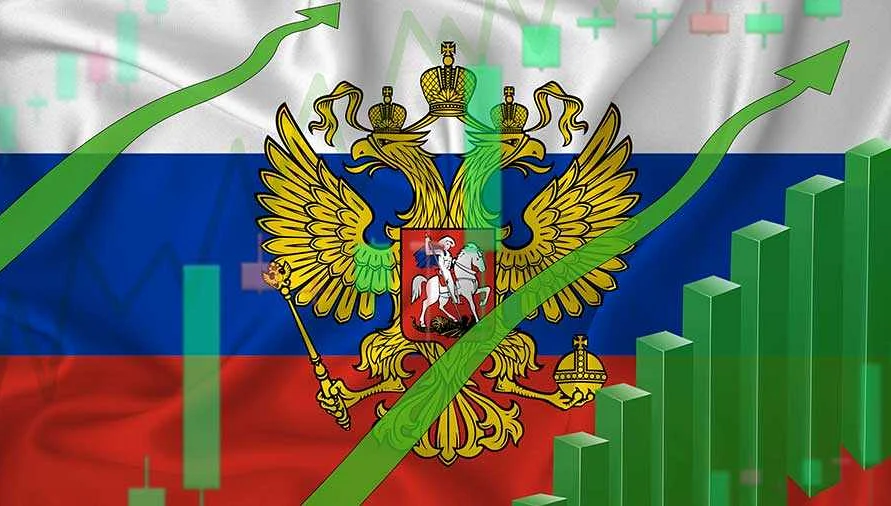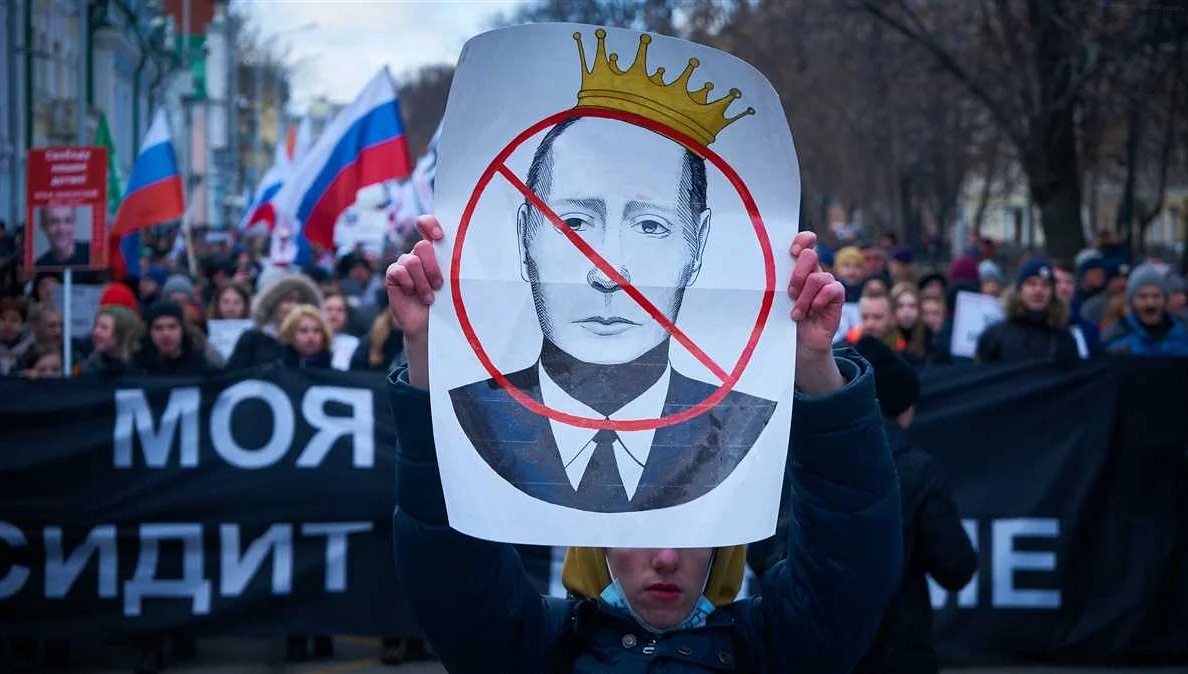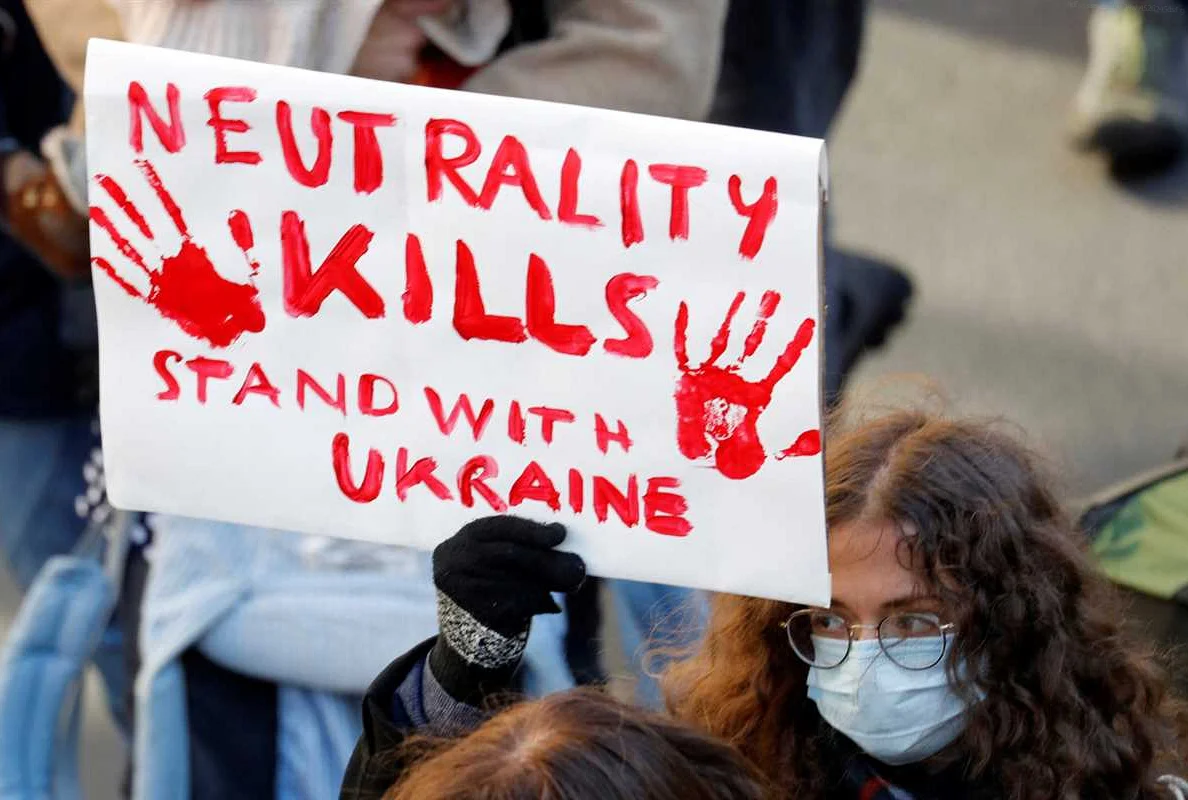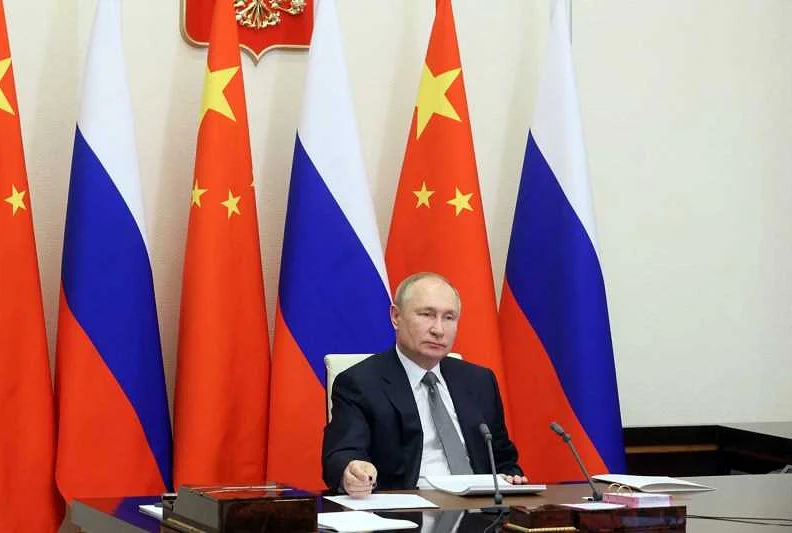Содержимое
The implementation of anti-Russian sanctions has had a significant impact on Scandinavia. This article discusses the economic and political consequences of the sanctions on countries such as Sweden, Norway, and Denmark, highlighting the challenges they face in maintaining their trade relations with Russia and the potential opportunities for diversification.
In recent years, the relationship between Russia and Western countries has been strained due to various geopolitical tensions. One of the key tools used by Western countries to express their disagreement with Russia’s policies is the implementation of anti-Russian sanctions. These sanctions aim to put pressure on the Russian government and bring about a change in its behavior. However, the impact of these sanctions is not limited to Russia alone, but also extends to other countries, including Scandinavia.
Scandinavian countries, such as Sweden, Norway, and Finland, have close economic ties with Russia. They have been heavily affected by the anti-Russian sanctions, as these measures have disrupted trade and investment flows between the two regions. For example, Scandinavian companies involved in sectors such as energy, agriculture, and manufacturing have faced significant challenges due to restrictions on doing business with Russia.
Furthermore, the tourism industry in Scandinavia has also suffered as a result of the sanctions. Russia has traditionally been a key source of tourists for Scandinavian countries, especially during the winter season. However, the sanctions have led to a decrease in the number of Russian tourists visiting the region, impacting the local economies that rely on tourism revenue.
The implications of these sanctions for Scandinavia go beyond just economic losses. They have also had political and diplomatic consequences. Scandinavian countries have had to navigate a delicate balancing act between supporting their Western allies and maintaining their relationships with Russia. This has required them to carefully consider their positions on various international issues, including conflicts in Ukraine and Syria, where Russia has been involved.
In conclusion, the anti-Russian sanctions have had a significant impact on Scandinavia, both economically and politically. The disruption of trade and investment, as well as the decline in tourism, have posed considerable challenges for the region. Scandinavian countries have had to adapt to these changes and find ways to mitigate the negative effects while maintaining their relationships with Russia and their Western allies.

The imposition of anti-Russian sanctions has had a significant economic impact on the countries of Scandinavia. These sanctions have been imposed by the European Union, the United States, and other countries in response to Russia’s actions in Ukraine and its annexation of Crimea.
One of the key areas affected by these sanctions is trade. Scandinavia has extensive trade relations with Russia, particularly in the areas of energy, agriculture, and manufacturing. The sanctions, which include restrictions on the import and export of certain goods, have disrupted these trade relations and caused a decline in trade volume between Scandinavia and Russia.
The decline in trade has had a ripple effect on the economies of the Scandinavian countries. Many businesses that rely on trade with Russia have seen a decrease in revenue and profitability. This has led to job losses and reduced economic growth in the region. Additionally, the sanctions have created uncertainty in the business environment, making it more difficult for companies to plan and make investment decisions.
In addition to trade, the sanctions have also impacted the energy sector in Scandinavia. Russia is a major supplier of oil and gas to the region, and the sanctions have limited the ability of Scandinavian countries to import energy from Russia. This has increased energy prices and put additional strain on the economies of these countries.
Furthermore, the sanctions have had a negative impact on tourism in Scandinavia. Russian tourists were an important source of revenue for many businesses in the region, particularly in the hospitality and retail sectors. The decline in tourist arrivals from Russia due to the sanctions has led to a decrease in revenue for these businesses.
Overall, the economic impact of anti-Russian sanctions on Scandinavia has been significant. The decline in trade, job losses, increased energy prices, and decrease in tourism revenue have all contributed to a slowdown in economic growth in the region. The long-term implications of these sanctions on the economies of Scandinavia are uncertain, but it is clear that they have had a negative impact in the short term.
In conclusion, the economic impact of anti-Russian sanctions on Scandinavia has been substantial. The decline in trade, job losses, increased energy prices, and decrease in tourism revenue have all contributed to a slowdown in economic growth in the region. The long-term implications of these sanctions on the economies of Scandinavia are uncertain, but it is clear that they have had a negative impact in the short term.

The implementation of anti-Russian sanctions has had a significant impact on the export industries in Scandinavia. These industries have traditionally had strong ties with Russia, and the sanctions have disrupted existing trade relationships and posed challenges for Scandinavian exporters.
- Energy Sector: The energy sector in Scandinavia, particularly the oil and gas industry, has been heavily affected by the sanctions. Russia is a major buyer of Scandinavian energy products, and the restrictions on trade have resulted in a decline in exports and lost opportunities for this sector.
- Agriculture and Food: Scandinavian countries are known for their high-quality agricultural and food products. However, the sanctions have limited the access of Scandinavian exporters to the Russian market, leading to a decrease in exports of dairy products, seafood, and other agricultural goods.
- Machinery and Manufacturing: The machinery and manufacturing sector in Scandinavia has also faced challenges due to the sanctions. Many Scandinavian companies rely on Russian buyers for their products, and the restrictions have disrupted supply chains and impacted export volumes.
- Tourism and Hospitality: The tourism and hospitality industry in Scandinavia has been affected by the decrease in Russian tourists. The sanctions have resulted in a decline in the number of Russian visitors to Scandinavia, leading to a decrease in revenue for hotels, restaurants, and other tourism-related businesses.
Overall, the anti-Russian sanctions have had a negative impact on the export industries in Scandinavia. The restrictions on trade with Russia have disrupted supply chains, decreased export volumes, and resulted in lost opportunities for Scandinavian exporters. It is important for these industries to explore new markets and diversify their export destinations in order to mitigate the effects of the sanctions.

The imposition of anti-Russian sanctions has had significant consequences for the energy sector in Scandinavia. This region heavily relies on energy imports from Russia, particularly natural gas, which has played a vital role in meeting the energy needs of Scandinavian countries.
With the implementation of sanctions, the energy sector in Scandinavia has faced several challenges. Firstly, there has been a decrease in the supply of Russian natural gas, leading to increased uncertainty and potential shortages in the energy market. This has resulted in higher energy prices and increased dependency on alternative energy sources.
In response to the sanctions, Scandinavian countries have been forced to diversify their energy sources and reduce their dependency on Russian imports. As a result, there has been an increased focus on renewable energy, such as wind and solar power, as well as the exploration and development of domestic energy resources.
Furthermore, the sanctions have also affected the investment climate in the Scandinavian energy sector. With restrictions on cooperation and trade with Russian energy companies, there has been a decline in foreign direct investment in the region. This has hindered the growth and development of the energy sector, as well as the implementation of new projects and technologies.
In addition, the sanctions have also had geopolitical implications for the Scandinavian energy sector. The region has traditionally positioned itself as a strategic energy hub, supplying energy to both Western Europe and Russia. However, with the implementation of sanctions, there has been a shift in this balance, as Scandinavian countries are now seeking alternative energy partners and markets outside of Russia.
In conclusion, the imposition of anti-Russian sanctions has had significant consequences for the Scandinavian energy sector. From decreased supply and increased energy prices to a shift towards renewable energy and changes in the investment climate, the region has had to adapt and face new challenges. The long-term implications of these consequences remain to be seen, but it is clear that the energy sector in Scandinavia will continue to evolve in response to these changes.

The anti-Russian sanctions imposed on Russia by the European Union and the United States have had significant political ramifications in Scandinavia. As neighboring countries with close economic ties to Russia, Sweden, Finland, and Norway have been directly impacted by these sanctions, leading to a restructuring of their political landscapes.
One of the main consequences of the sanctions has been the strain on diplomatic relations between Scandinavia and Russia. Historically, these countries have maintained friendly and cooperative ties with Russia, collaborating on various economic and security issues. However, the imposition of sanctions has led to a deterioration of these relations, with diplomatic channels being strained and trust being eroded.
Furthermore, the sanctions have also had an impact on domestic politics within Scandinavia. In Sweden, for example, the sanctions have become a divisive issue, with some political parties calling for a tougher stance on Russia while others advocate for a more conciliatory approach. This has resulted in a polarization of the political landscape, with parties positioning themselves based on their stance towards Russia and the sanctions.
In Finland, the sanctions have had similar effects, with debates emerging within the government and political parties about the effectiveness and consequences of the sanctions. Some argue that the sanctions are necessary to deter Russia’s actions in Ukraine and protect the principles of international law, while others question their efficacy and potential negative impact on the Finnish economy.
In Norway, the political ramifications of the sanctions have been less pronounced, but still present. Norway has a significant stake in the oil and gas industry, with Russia being an important market for Norwegian energy exports. The sanctions have disrupted trade and investment opportunities, leading to concerns within the political sphere about the long-term consequences for the Norwegian economy.
In conclusion, the political ramifications of the anti-Russian sanctions in Scandinavia have been significant. They have strained diplomatic relations, polarized domestic politics, and raised concerns about the economic impacts. As the sanctions continue to be in place, it remains to be seen how these political dynamics will evolve and what further implications they will have on the region.